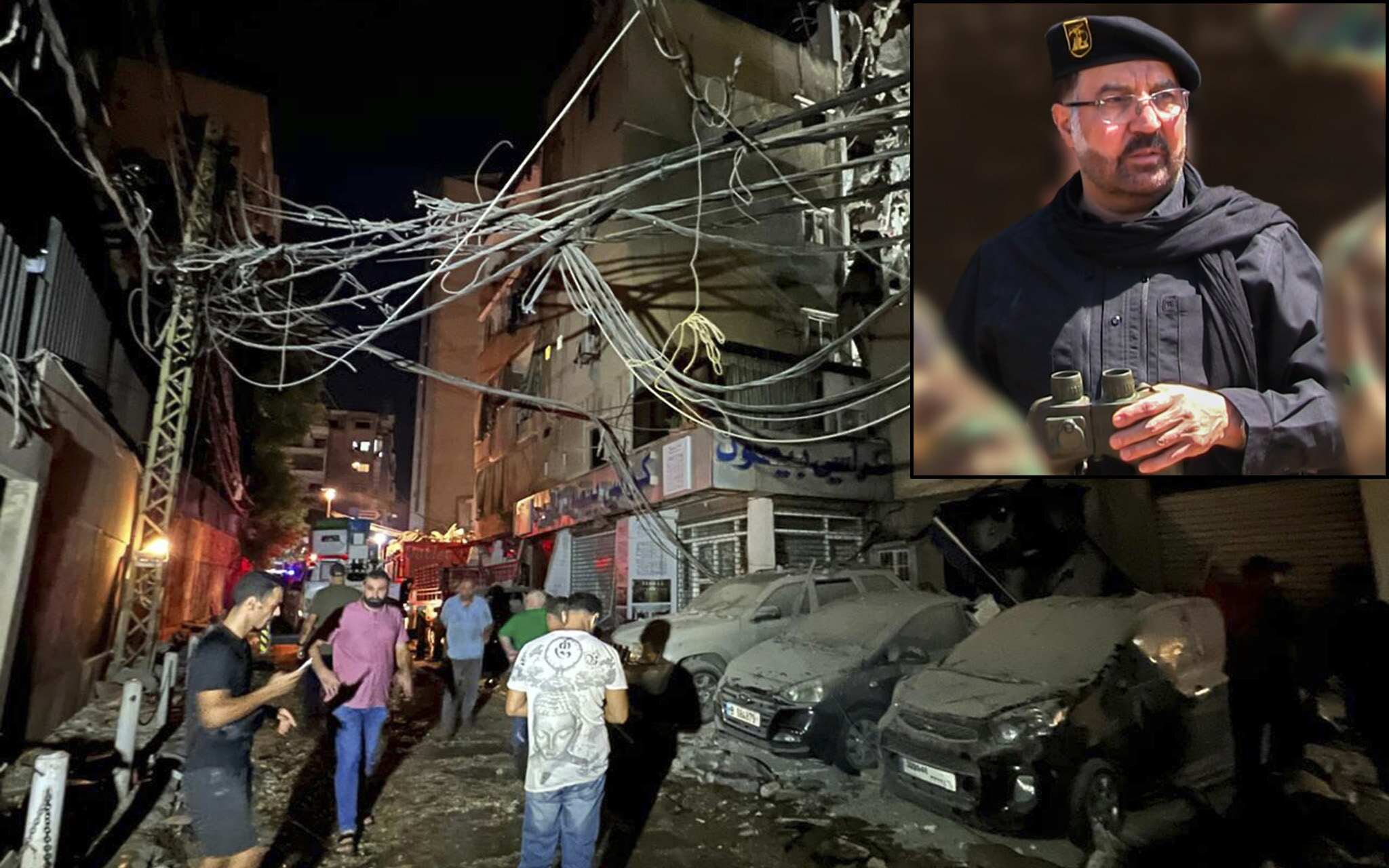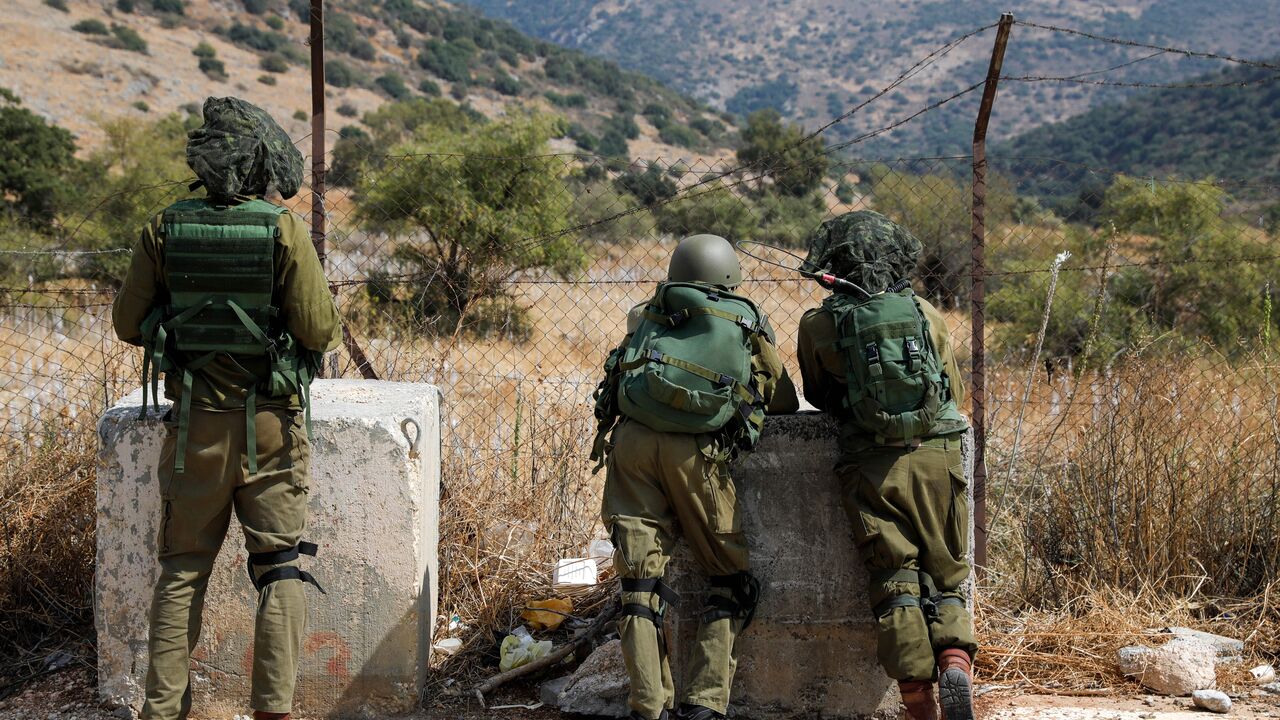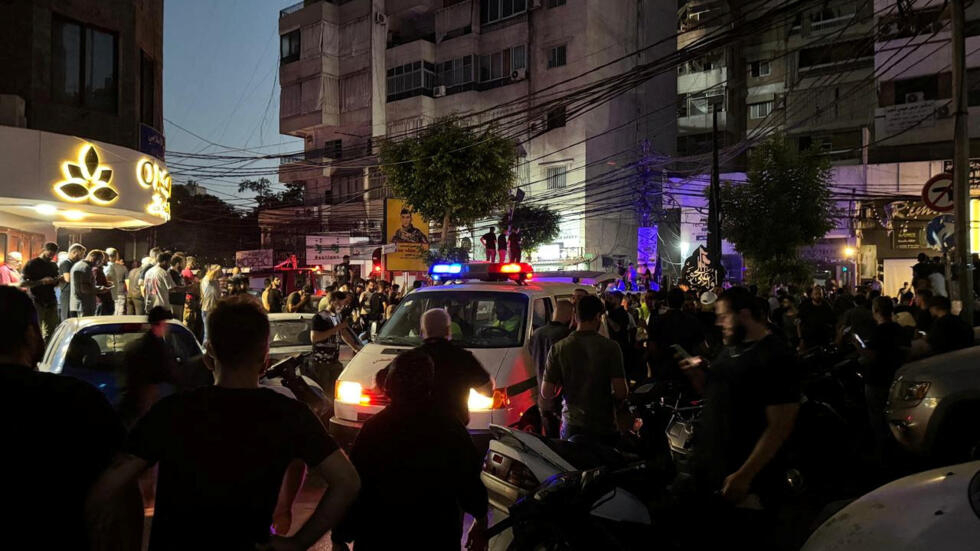The Middle East has long been a region of geopolitical tension, with Israel and Lebanon often finding themselves at the center of these conflicts. The recent bombing of Beirut, the capital of Lebanon, by Israel has once again brought this volatile relationship into the global spotlight. This event is not just an isolated incident but part of a larger, complex history of warfare, territorial disputes, and deep-seated animosity between these two nations. The ramifications of this attack are far-reaching, affecting not only the immediate region but also the broader international community.
Background: The Israel-Lebanon Conflict
To fully understand the recent events, it is essential to delve into the history of the Israel-Lebanon conflict. The origins of this conflict date back to the mid-20th century, following the establishment of the State of Israel in 1948. The creation of Israel led to the displacement of a large number of Palestinians, many of whom sought refuge in neighboring countries, including Lebanon. This influx of refugees contributed to the already existing sectarian tensions in Lebanon, a country with a delicate balance of religious and ethnic groups.
Over the years, various factions within Lebanon, particularly Hezbollah, a Shiite militant group and political party, have clashed with situstoto Israel. Hezbollah, which is backed by Iran and Syria, has been involved in numerous confrontations with Israel, most notably during the 2006 Lebanon War. This conflict resulted in significant loss of life and infrastructure on both sides, with Lebanon bearing the brunt of the destruction.

The Immediate Causes: A Spark Ignites
mbing of Beirut by Israel did not occur in a vacuum. Tensions between Israel and Hezbollah had been simmering for months, with occasional skirmishes along the Israel-Lebanon border. The situation escalated when Hezbollah launched a series of rocket attacks into northern Israel, targeting civilian areas. These attacks, which Hezbollah claimed were in respon
The Humanitarian Impact: A City in Ruins
The bombing of Beirut is catastrophic to the living soul The city, already struggling with a financial crisis and political turmoil following last year’s port explosion, is in the throes of an ever deepening calamity. The bodies of the dead are still buried under rubble, thousands have been left homeless and a healthcare system already overwhelmed by COVID-19 and economic collapse is struggling to treat tens of thousands wounded civilians.
Thousands of homes were destroyed, according to the authorities and international humanitarian organizations have scrambled aid but are unable to cover all those in need. Emergency rooms do not have basic supplies and much of the city is still unreachable because of widespread destruction. Years of war and fragility have taken an insurmountable psychological toll on the people in Beirut. The tangible loss of lives to surrounding violence has wounded the people deeply.
The Political Fallout: A Region on the Brink
The bombing of Beirut has only worsened the humanitarian crisis, and in light of this tragedy there are also unusual political consequences. The Lebanese government, already fragile as a result of internal political rivalries and highly unpopular among ordinary people who blame it for much that is wrong in the country, has come under huge pressure to respond aggressively to this latest Israeli outrage. But the government is impeded by Lebanon’s unwieldy political dance of duelling factions, some with more power and direction than others.
Hezbollah, which has a significant presence in the Lebanese government, this week promised to launch retaliation against Israel. That, in turn, introduces the possibility of a wider regional conflict as when Hezbollah acts (more than likely at Iran and Syria’s behest) it is hard to imagine that neither country would get involved – both with the opportunity to gain from an Israel-Lebanon showdown. There hangs over the entire region a Sword of Damocles, threatening full-blown war and with it possible catastrophe on an unimaginable scale.
Israel, in turn, has said that it is responding to Hezbollah aggression. The Israeli government has also repeated its right to self-defense in case of a new threat, referring the Hezbollah rocket attacks as provocation. But Israel’s responses have been denounced by the international community, with many countries calling on restraint and to stop fighting.

International Reactions: A Divided World
The bombing of the capital Beirut was met by a range of reactions from the international community, close to whose who were killed and scattered in this horrific event. While Western nations, most notably the United States, have for the most part defended Israel’s right to self-defence they have also urged an end to a cycle of violence. The United States is Israel’s closest ally and has acted to try the help calm days of violence, urging both sides repeatedly today to “de-escalate”suppressing air strike.language.
Many Arab countries along with Iran, Syria and Turkey have denounced Israel’s actions as a war crime taking aim at Israeli soldiers for violating international laws. These countries urged immediate international action to cease the bombardment and bring Israel responsible for it. The feeling is echoed by the United Nations where Secretary-General Antonio Guterres has urged for an immediate ceasefire and a return to dialogue.
The European Union has been more nuanced, calling for a cessation of hostilities and the launch of political dialogue between Israel and Hezbollah. And the EU too promised to deliver humanitarian support in Beirut and demanded an impartial probe into what happened before the bombing.
The Role of the Media: Shaping Public Perception
The media has played a crucial role in shaping public perception of the bombing of Beirut. News outlets around the world have covered the events extensively, with graphic images and videos of the destruction in Beirut circulating widely on social media. These images have sparked outrage and sympathy for the victims, as well as debates over the ethics and legality of Israel’s actions.
Different media outlets have portrayed the conflict in varying lights, depending on their political leanings and the interests of their home countries. In Israel, the media has largely framed the bombing as a justified response to Hezbollah’s aggression, emphasizing the need to protect Israeli citizens from terrorist attacks. In contrast, media in Lebanon and other Arab countries have depicted the bombing as an unjustified act of aggression against a sovereign nation, highlighting the suffering of civilians and the destruction of infrastructure.
Social media has also played a significant role in disseminating information and opinions about the conflict. Hashtags such as #PrayForBeirut and #StopTheWar have trended globally, with users expressing solidarity with the people of Lebanon and calling for an end to the violence. However, social media has also been a battleground for misinformation and propaganda, with both sides using the platform to advance their narratives.

The Broader Implications: A Tipping Point?
The bombing of Beirut by Israel has broader implications for the region and the world. The Middle East is already a tinderbox of competing interests, and this latest escalation could be the tipping point that sparks a wider conflict. The involvement of regional powers such as Iran and Saudi Arabia, both of whom have a vested interest in the outcome of the Israel-Lebanon conflict, could lead to a broader confrontation with global repercussions.
Moreover, the bombing of Beirut has highlighted the fragility of international law and the challenges of maintaining peace and security in a world where state and non-state actors frequently engage in acts of violence. The United Nations and other international bodies have struggled to effectively mediate the conflict, raising questions about their ability to prevent future escalations.
The economic impact of the conflict is also significant. Lebanon, already in the midst of an economic collapse, faces an even bleaker future as the destruction of Beirut’s infrastructure further cripples the country’s economy. The cost of rebuilding will be enormous, and Lebanon will likely require significant international assistance to recover. However, the willingness of the international community to provide aid will depend on the resolution of the conflict and the establishment of a stable and peaceful government in Lebanon.
Conclusion: The Path Forward
The bombing of Beirut by Israel is a stark reminder of the deep-rooted conflicts that continue to plague the Middle East. The events leading up to the bombing, the humanitarian impact, and the political fallout all underscore the complexity of the Israel-Lebanon conflict and the challenges of achieving lasting peace in the region.
As the world watches with bated breath, the question remains: what is the path forward? The immediate priority must be to stop the violence and address the humanitarian crisis in Beirut. This will require concerted efforts from the international community, including diplomatic intervention, humanitarian aid, and a commitment to long-term peacebuilding.
In the long term, resolving the Israel-Lebanon conflict will require addressing the underlying issues that have fueled the animosity between the two nations. This includes finding a solution to the Palestinian refugee crisis, addressing the role of Hezbollah and other militant groups in Lebanon, and fostering dialogue between Israel and its neighbors. If you like reading this article then please consider reading our article about Israel.

